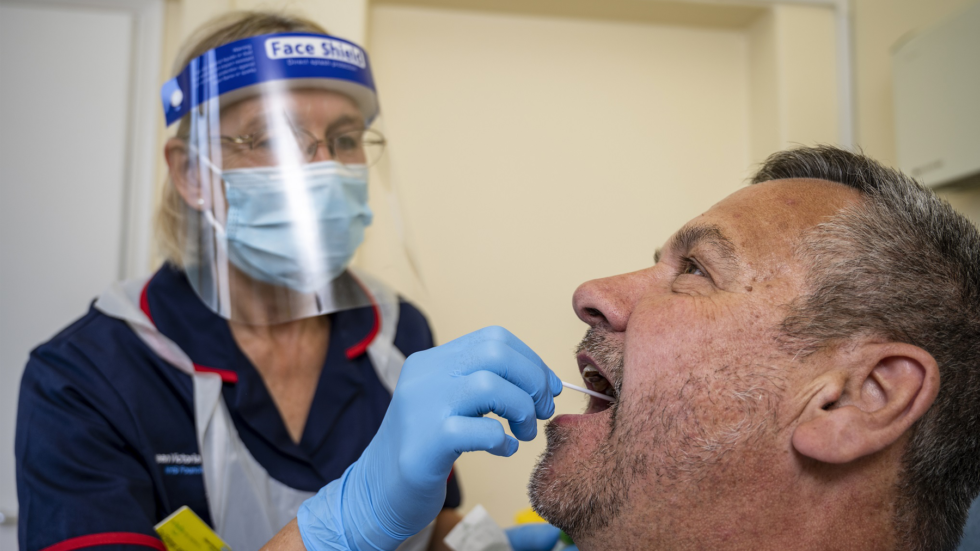QVH Takes Part in COVID-19 Antibody Study

Up to 200 staff working for Queen Victoria Hospital are being recruited to take part in a major national study to help scientists to find out more about COVID-19 antibodies and whether having COVID-19 antibodies makes someone immune to the virus.
The study, being run nationally will see QVH colleagues having a nasal swab and blood test as well as filling in an online survey every two weeks for a year. This important research will help drive forward global knowledge about the virus and contribute to helping us to manage and hopefully in time eliminate it.
The SIREN (SARSCoV2 Immunity and Reinfection Evaluation) study will look at whether having previously had COVID-19 gives you future immunity to catching it again. The 200 staff from QVH will be amongst some 100 000 NHS and Social Care staff from across the country being recruited to take part in the study.
The Trust has already offered an antibody testing to all its staff with more than 860 people taking up the opportunity, almost 90% of the Trust’s workforce. Around 5% of staff tested had COVID-19 antibodies, but at present, it is not yet know how long these antibodies remain in the body or whether or not their presence makes someone immune to catching it again. This study is attempting to find this out.
Steve Jenkin, chief executive at Queen Victoria Hospital said “There is so much that we don’t know about this virus, but we do know about its terrible impact. I am really proud that QVH is taking part in this important research to find out more and help to defeat it.”
Keith Altman, Medical Director at Queen Victoria Hospital, who has also signed up to be part of the study said: “The results of this study will be vitally important in understanding more about COVID-19. We know that people who have had the virus produce antibodies in response but what is not known is whether this means they have immunity against future infection and how long that protection may last for. Improving understanding of this virus will be critical to future decisions about how best to control its spread. I am therefore happy to be recruited into this study to help answer these questions.”
Anyone working for the Trust can take part. The results of the study will be published nationally in due course.
For more information please visit QVH’s website here






